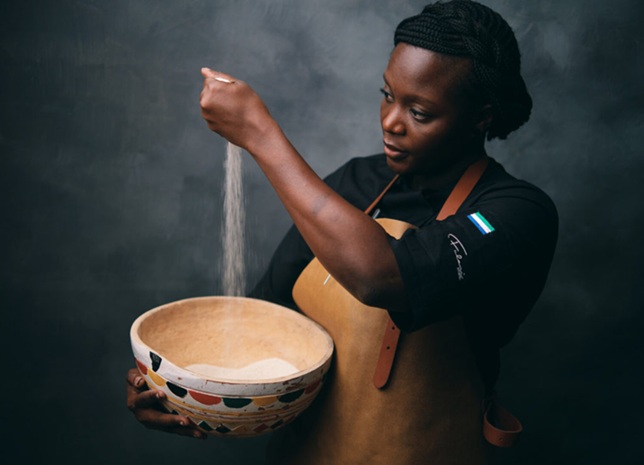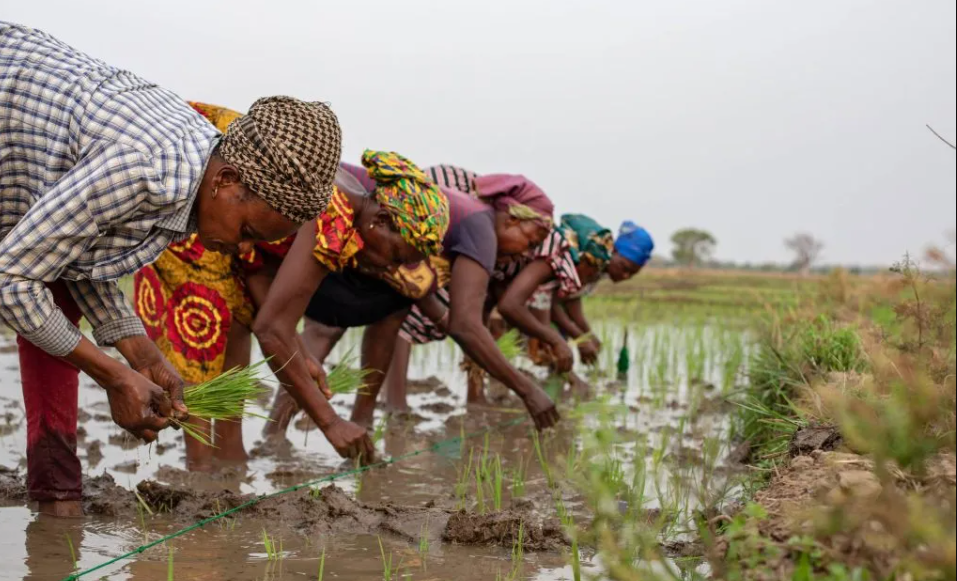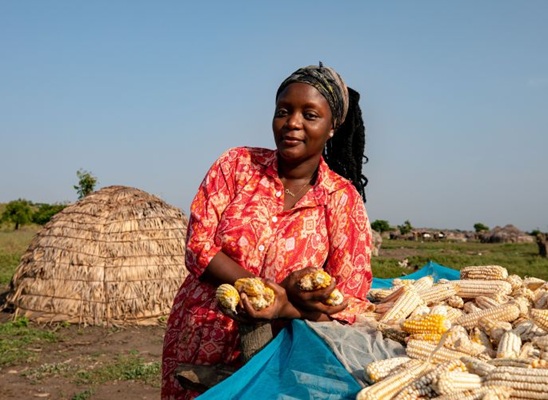Will Chef Binta’s FAO Appointment Drive Policy Change in Africa’s Agriculture?

When celebrated chef Fatmata Binta was announced as the Food and Agriculture Organization’s (FAO) new Regional Goodwill Ambassador for Africa, the recognition drew wide applause. Yet, beyond the headlines and the honour, a more pressing question lingers: how will her influence help reshape policies and actions to address Africa’s deepening food insecurity?

The Sierra Leone-born, Ghana-based chef has long been a champion of indigenous African foods through her acclaimed “Dine on a Mat” experience and the Fulani Kitchen Foundation. Her appointment, made on World Food Day 2025 as FAO celebrated its 80th anniversary, comes at a defining moment for Africa ,a continent striving to reduce dependence on food imports and strengthen self-sufficiency.
From Celebration to Transformation
Chef Binta’s advocacy for traditional crops such as fonio, millet, and sorghum speaks directly to Africa’s need for resilient agricultural systems. These grains are rich in nutrients, adaptable to harsh climates, and deeply rooted in the continent’s culinary traditions.
However, translating this cultural revival into tangible policy action remains the real challenge. Her new platform offers visibility and influence, but the question remains: will governments and partners invest in scaling up indigenous food systems? Can her voice influence reforms that connect smallholder farmers to markets, improve agricultural financing, and integrate local foods into national school feeding programmes?

Women at the Heart of Change
Central to Binta’s mission is empowering rural women — the unsung heroes of Africa’s food production. Through her foundation, she has equipped women farmers in Ghana with modern tools and post-harvest techniques to enhance fonio production and income levels.
Her partnership with FAO could help replicate these successes across other African countries. Yet, the broader issue lies in sustainability and scale: can advocacy transform into concrete policy frameworks that guarantee women access to land, credit, and training?
Rethinking Africa’s Food Choices
Beyond agriculture, Chef Binta’s culinary message challenges Africa’s growing appetite for imported and ultra-processed foods. Her “Dine on a Mat” experience celebrates local ingredients, encouraging healthier eating and reconnecting people to their food heritage.
As lifestyle diseases like diabetes and hypertension rise, her campaign for indigenous foods takes on new urgency. But driving real change in consumer habits requires education, affordability, and supportive government nutrition policies — not just inspiration.

A Turning Point or Another Missed Opportunity?
Chef Binta’s appointment comes at a pivotal time, as Africa confronts the twin pressures of climate change and food insecurity. Her collaboration with FAO reinforces the importance of culture and storytelling in promoting sustainable food systems.
However, this moment also invites critical reflection. Can goodwill and visibility translate into the kind of structural change Africa needs? Will policymakers act on the message her work embodies, that the continent’s solutions may already lie in its soil and its people?
If her advocacy sparks renewed investment in smallholder agriculture, supports women farmers, and brings indigenous crops into mainstream food policy, then her appointment could mark more than a symbolic milestone. It could be the beginning of Africa’s next food revolution, one rooted in its own traditions and driven by its own champions.




